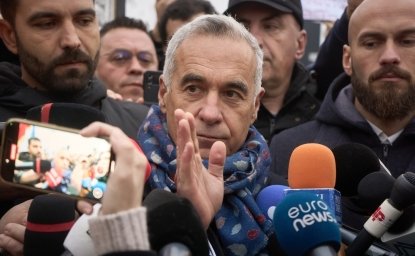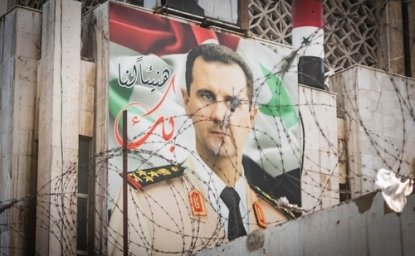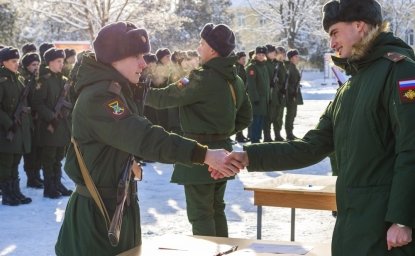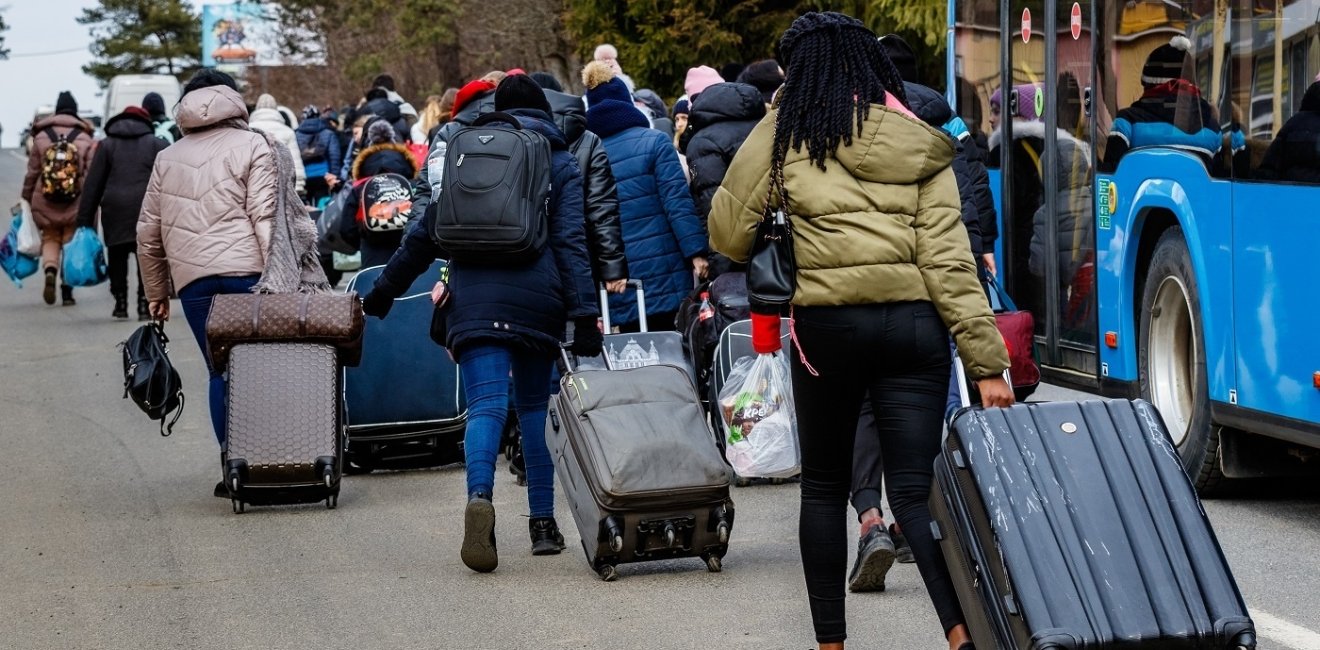
A blog of the Kennan Institute
BY IVAN KURILLA
As Russia’s war against Ukraine continues well into its third month, Russian social media platforms are full of anxiety, depression, and spats. The conflicts that arise typically are not between those who support the war and those who call it a crime, for these two groups have effectively isolated themselves in bubbles from each other. Rather, clashes are occurring between the antiwar Russians who left the country and the antiwar Russians who remain in Russia. Though many people are urging calm and solidarity, several positions are gaining traction on Facebook that ignite controversy.
Some people who are already outside Russia blame their compatriots who stayed home, charging them with supporting Putin by paying taxes and with “normalizing” the regime and the war through their continuing presence in Russia. The sooner every antiwar Russian leaves the country, say those who have left, the faster the regime will collapse. A variant of this position is to label antiwar people inside Russia as irresponsible with respect to the future of their children (who are destined to learn Putin’s propaganda). Some go so far as to claim that all Russians are complicit in the murderous war, and call for immediate emigration as the only way to try to dissociate oneself from the crimes. According to this point of view, every Russian remaining in Russia shares responsibility for the war (while the émigrés’ responsibility is somehow diminished by their having left the country).
Antiwar Russians in Russia, who tend to think that they are holding the line in Russia domestically, are offended by emigrants’ staking a moral high ground. Those who emigrated, the Russians who stayed in Russia say, are the privileged ones who earned enough money to be able to leave. Many of the new émigrés earned their money by supporting Putin’s regime, the “domestic” Russians say, and now those Johnny-come-latelies pretend to represent Russia’s long-established dissent contingent.
Many, for example, were offended by the position taken by the famous Russian actor Chulpan Khamatova, who used to be Putin’s celebrity endorser. Several years ago, she said that if presented with a choice of living under a North Korean type of a regime or living through a revolution, she would choose North Korea. Khamatova recently moved to Latvia and made a number of antiwar statements. Some Russians inside Russia have expressed concern that the people who fled to the West would now be hailed as representing anti-Putin Russia, whereas they are more opportunistic than anything else.
Emigration may be expensive, and many simply cannot afford it. Visas are hard to get and cost money; prices for international air travel have gone through the roof; the cost of living abroad is impossible to manage with Russia-based jobs; and everyone understands that most European countries are more eager to accommodate Ukrainian refugees than Russian émigrés. Many more Russians who might wish to leave the country cannot do so for personal reasons having to do with family obligations, including caring for elderly relatives. Others believe that their presence in Russia can still make a difference and that any exile activity is by definition counterproductive.
I do think that the Russians, whether inside or outside the country, with a clear antiwar and anti-Putin stance should not further weaken themselves by engaging in such bickering. The argument should rather be with those inside and outside Russia who support the war or Putin and who hesitate to accept the truth. If a person does not support the war and feels the same horror you do, that person has probably considered emigration and has made a decision to stay. Or to go. Blaming them for either decision brings no good.
There is still one fundamental issue in this argument, a debate about the Russian people’s acquiescing in the Moscow regime and in Russian society’s responsibility for the war. The division between those who label the Russian people as on the whole fascist and those who distinguish between pro-regime and anti-regime Russians is getting deeper by the day.
These two groups interpret the same news or opinion poll results or journalists’ investigations in opposite ways. I do not believe that the Russians are a nation of warmongers or are incapable of human empathy. The problem lies with the political system and the steady destruction of social institutions that Putin’s regime has been undertaking for more than two decades. As a result, Russian society is atomized, leaving people with few horizontal networks to rely on. The state has eliminated independent NGOs and media with its “foreign agents” law, smashed the opposition, and imprisoned opposition leaders or forced them to emigrate. Even the church has been fully subordinated to the state.
It is no surprise that the only groups brave enough to protest against the war since day one have been professional organizations, including associations of architects, artists, scholars, scientists, and teachers. Their networks provided them with at least some basis for the solidarity that is needed for any collective action. For the vast majority of Russians, however, no solidarity support has been available, while the state has been quick to shut down all independent media and to introduce grotesquely punitive legislation against all possible antiwar activity.
This description of Russian society may be depressing, but it keeps the possibility of a post-Putin reconstruction of Russia open. In contrast, the vision of those who have excluded Russians from the “civilized world” leaves no such path going forward. In this devastating time, we must not lose the vision of a better future for Russia.
The opinions expressed in this article are those solely of the authors and do not reflect the views of the Kennan Institute.
Author

Professor, History and International Relations; Director, Department Development Partnership Program, Academic Director of the IMARES program, European University at St. Petersburg, Russia

Kennan Institute
The Kennan Institute is the premier US center for advanced research on Eurasia and the oldest and largest regional program at the Woodrow Wilson International Center for Scholars. The Kennan Institute is committed to improving American understanding of Russia, Ukraine, Central Asia, the South Caucasus, and the surrounding region though research and exchange. Read more

Explore More in The Russia File
Browse The Russia File
In Search of Russia’s Digital Trace in Romania’s Political Crisis

With Syria’s Collapse Russia’s Regional Power Play Disintegrates

Putin's Strategy Tests Europe's Defense Limits

